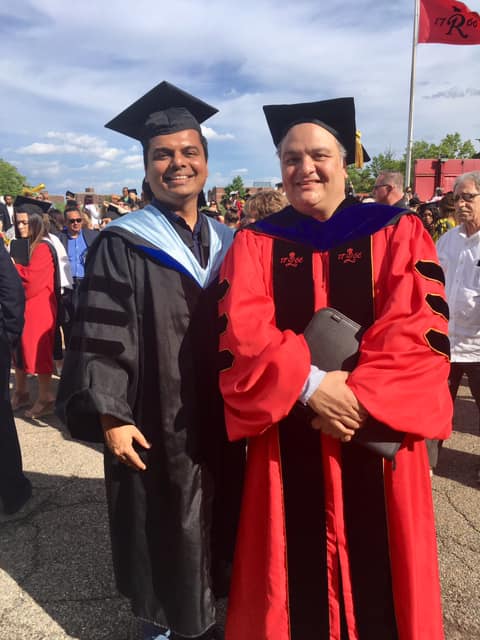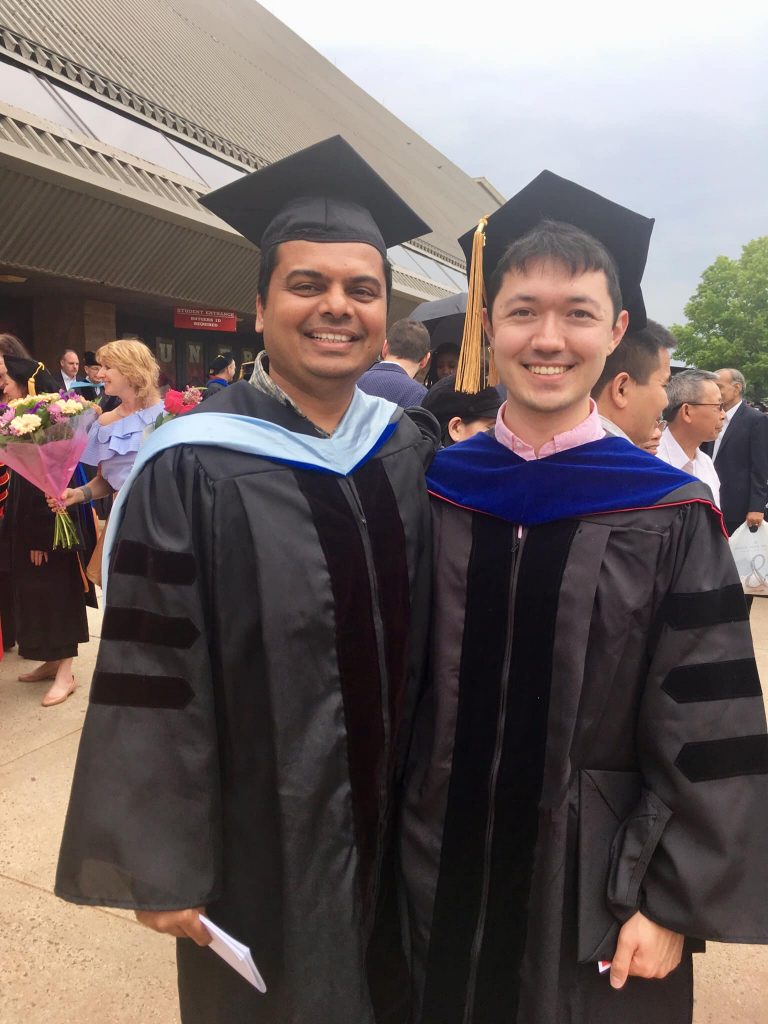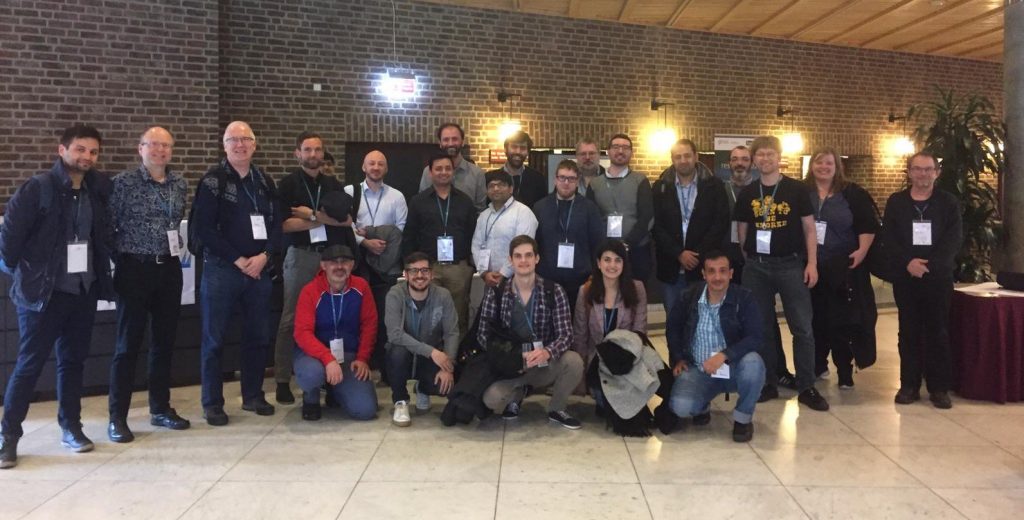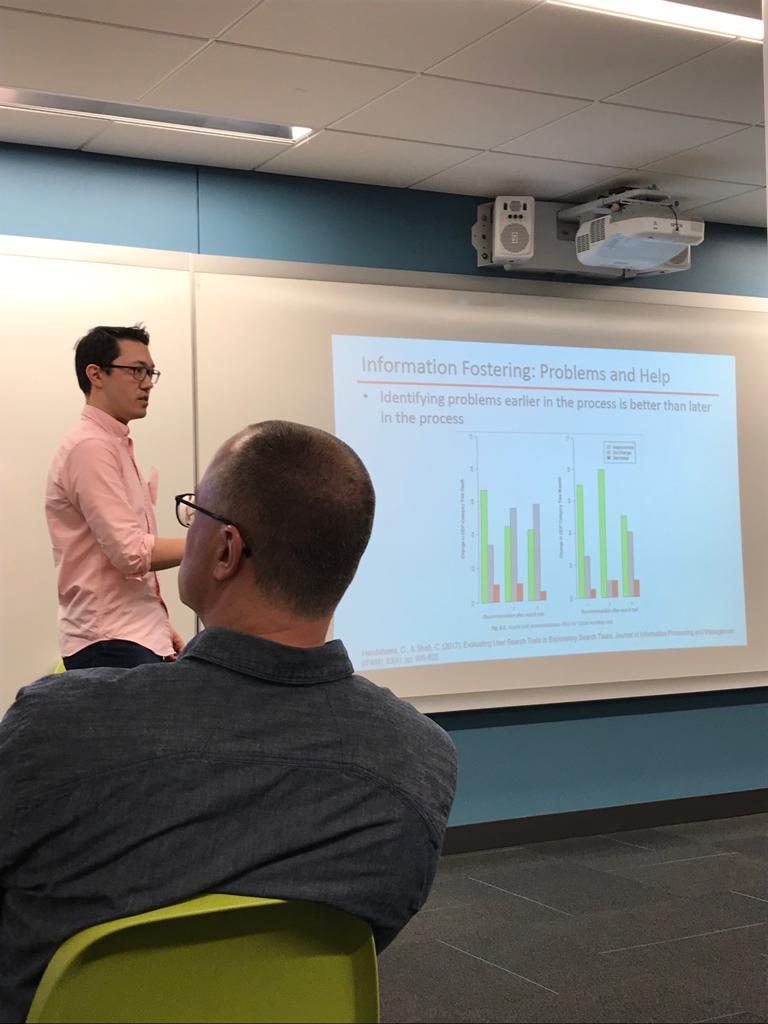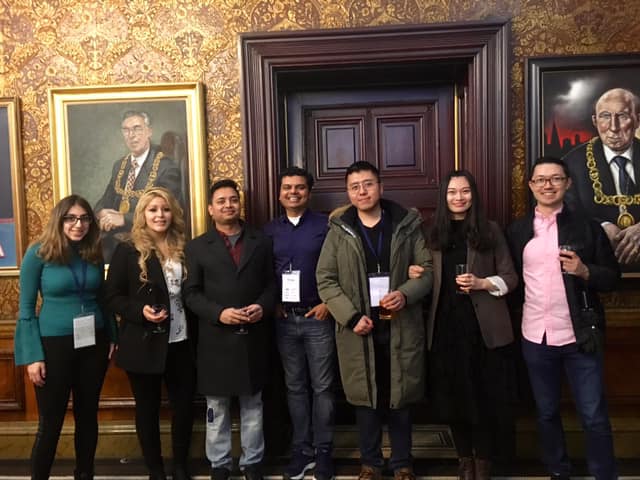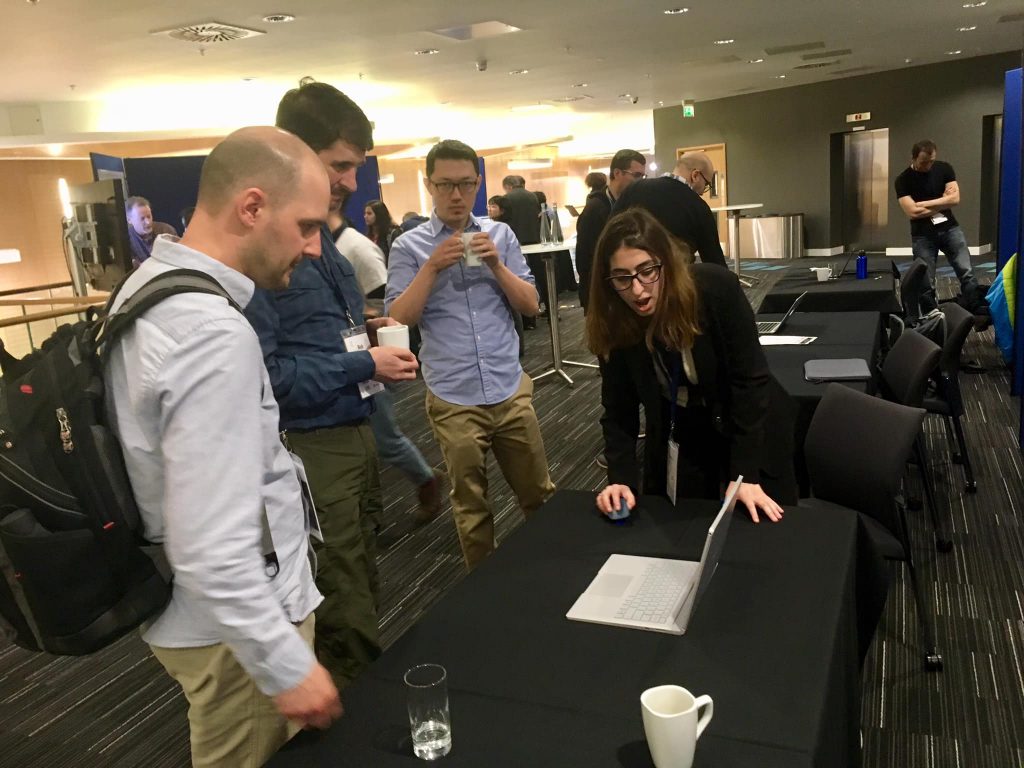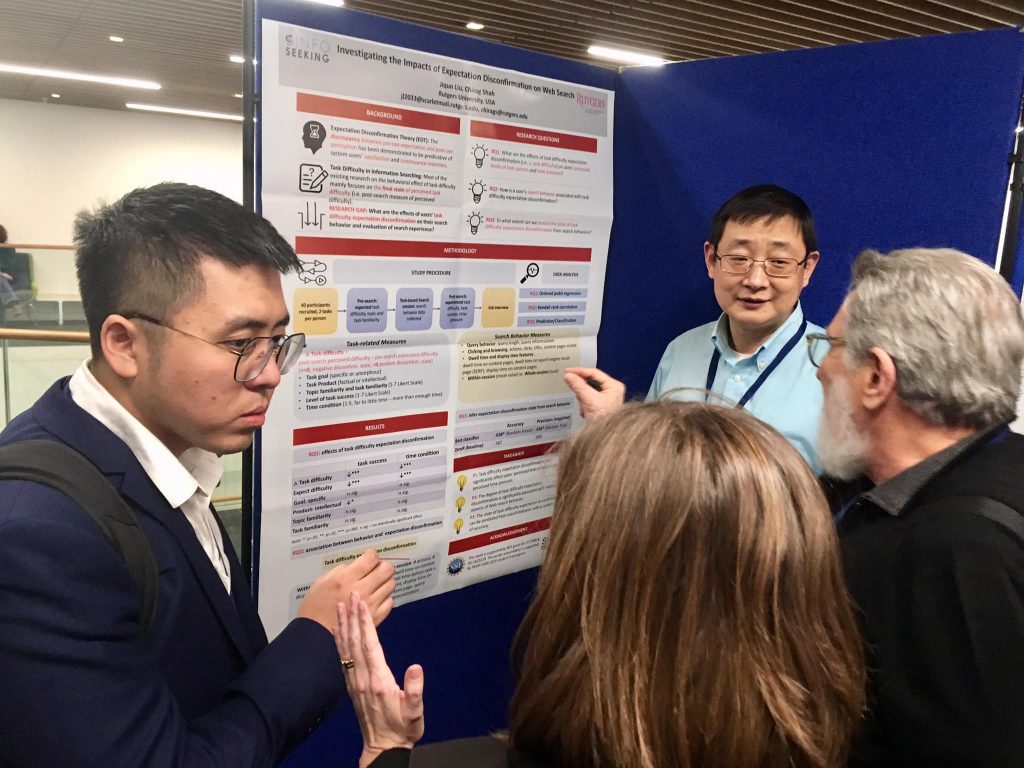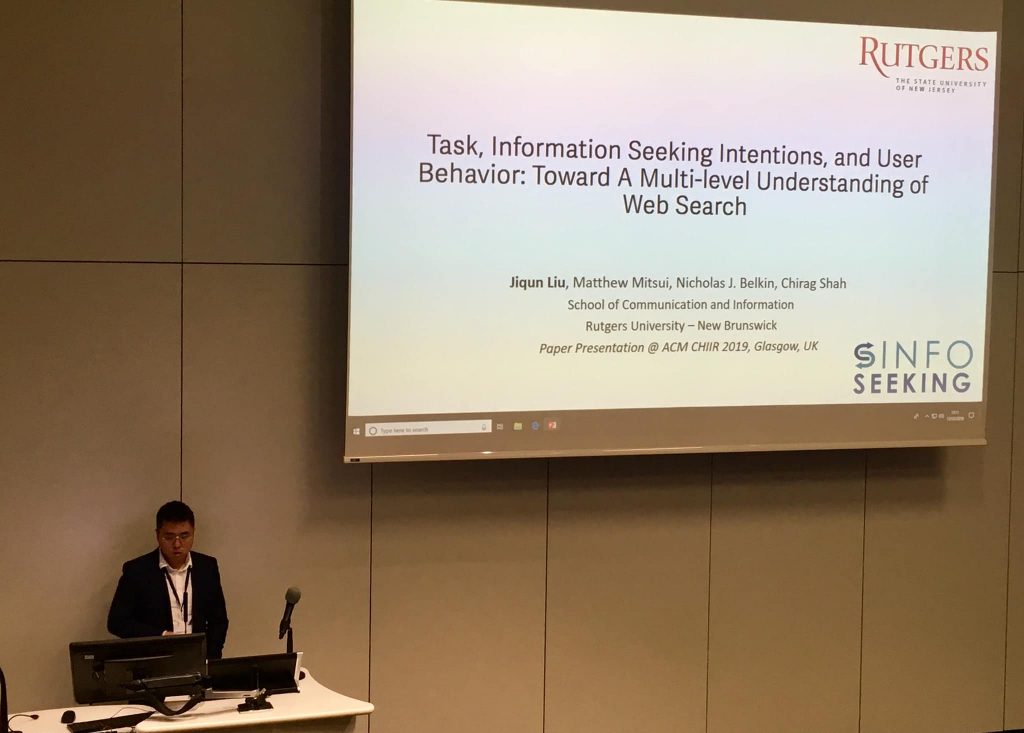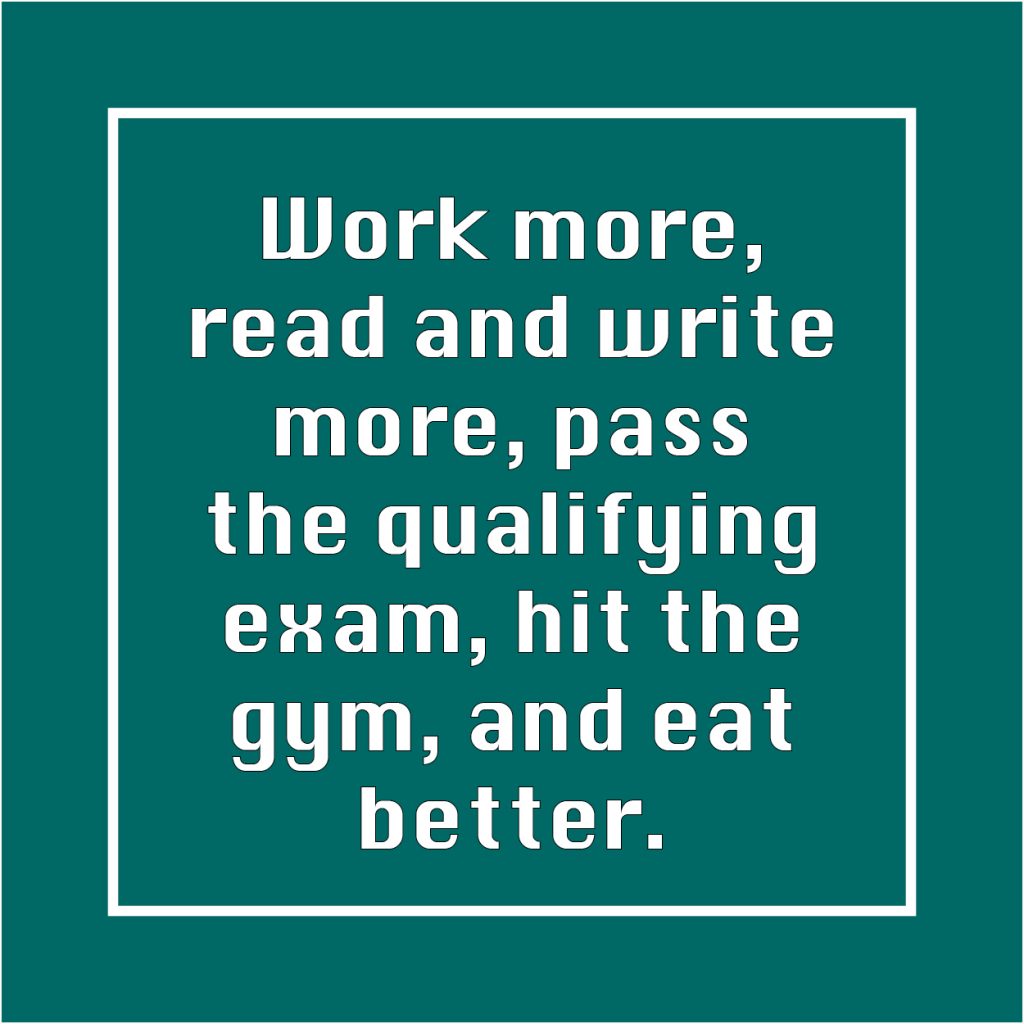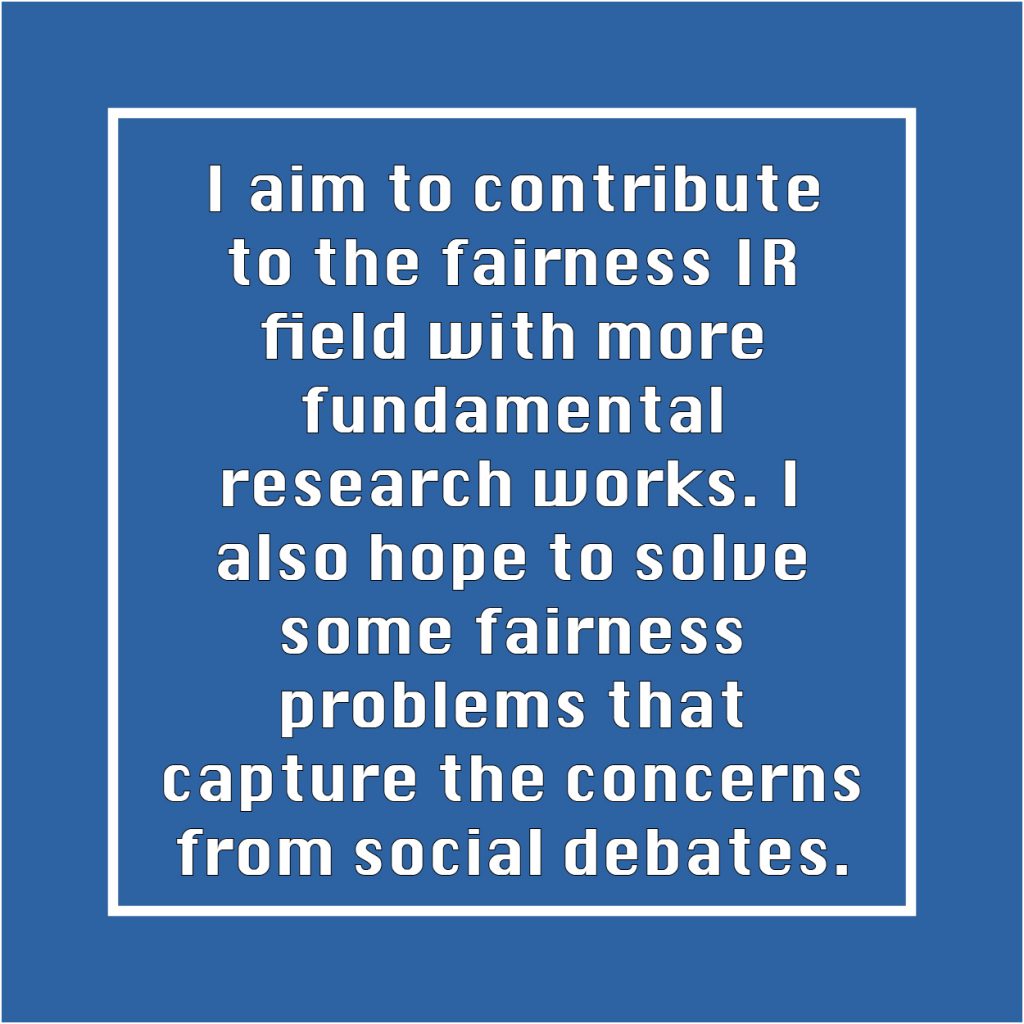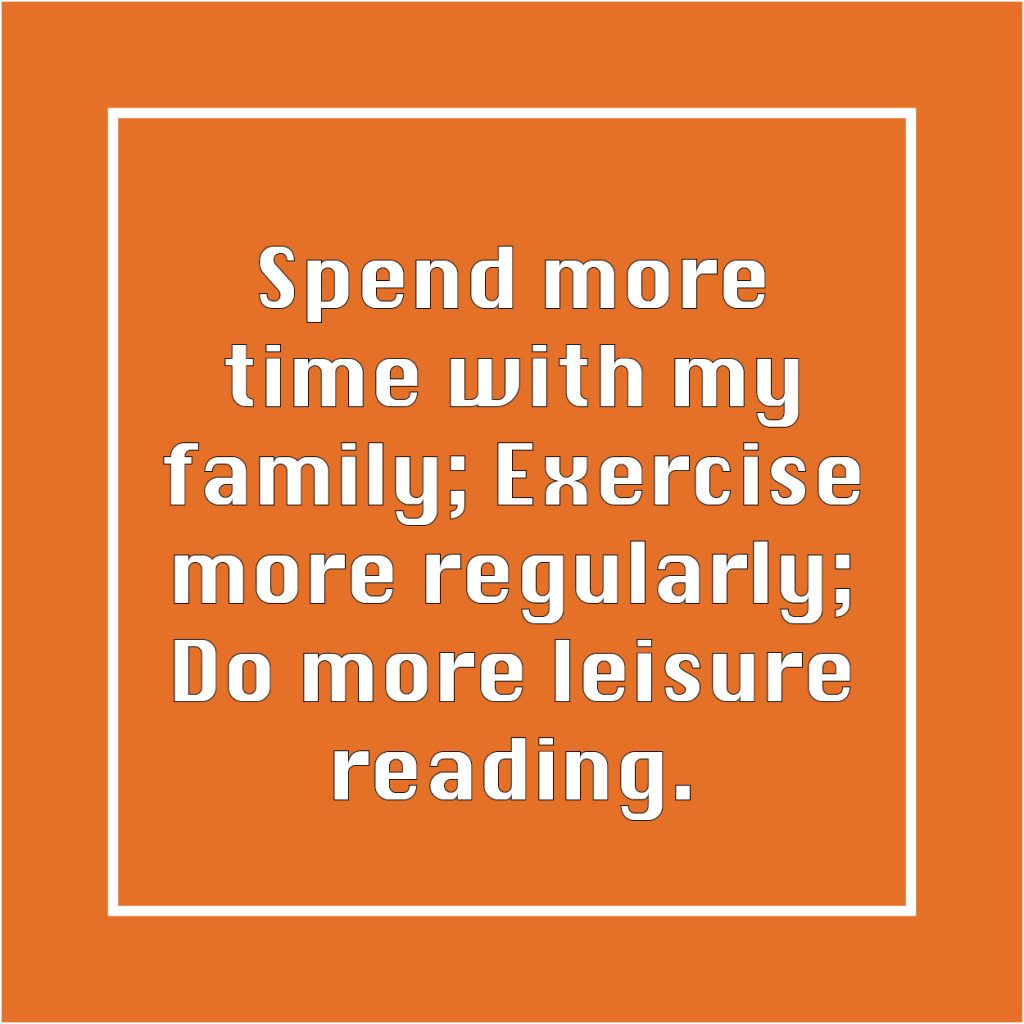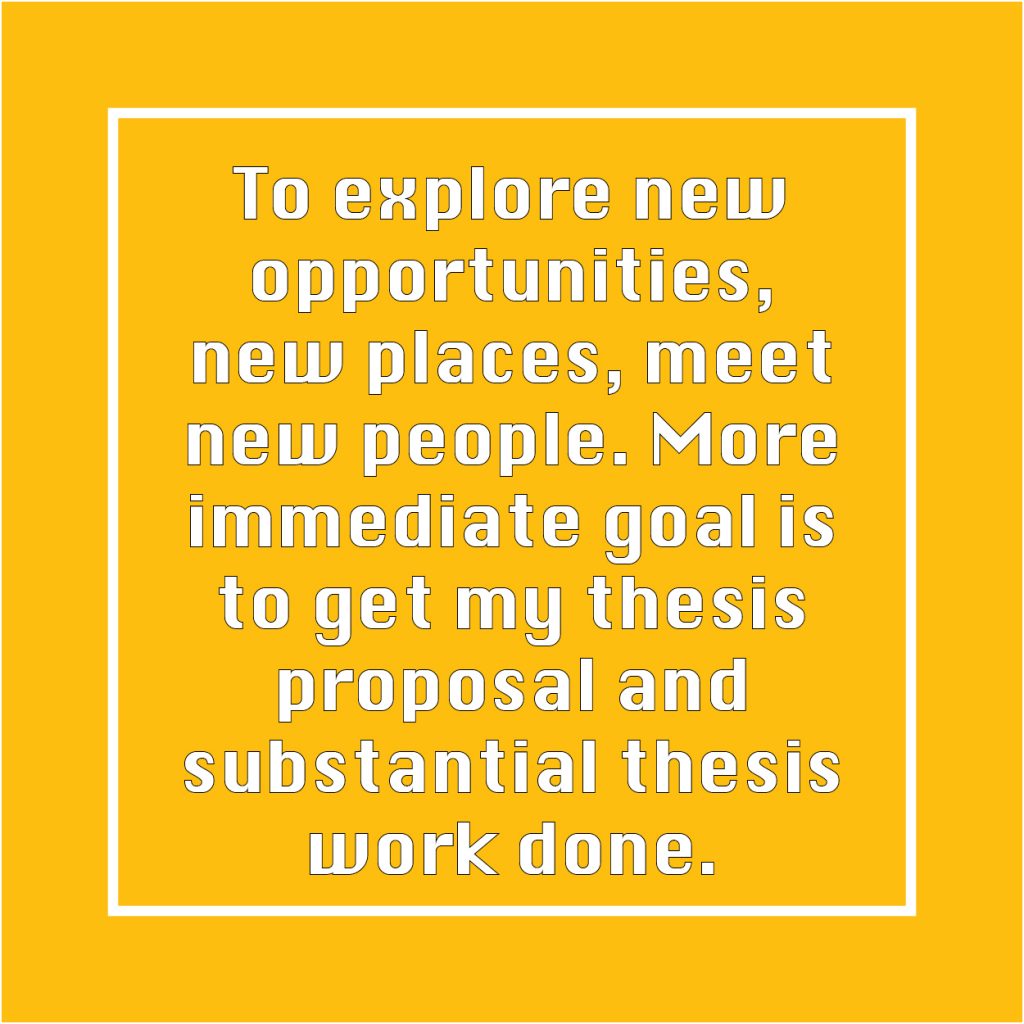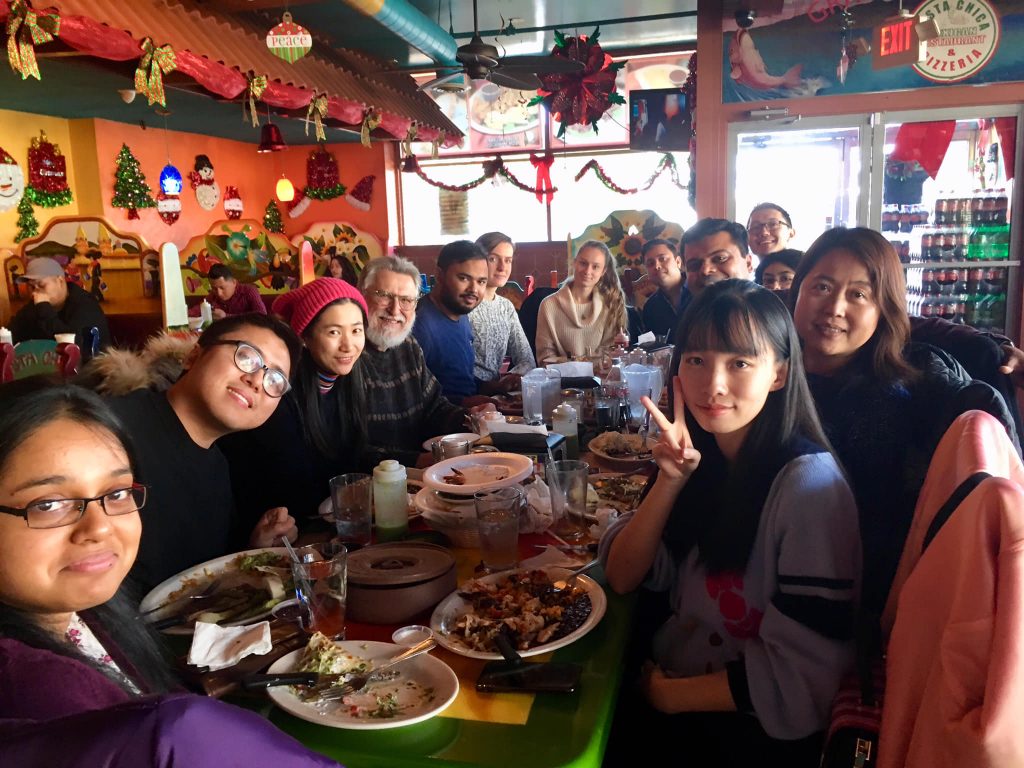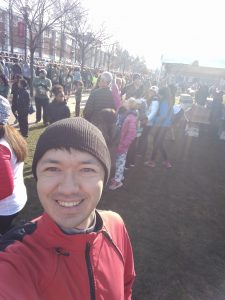InfoSeekers Publish an Article and an ICTIR Paper Acceptance
First, we must congratulate InfoSeeker, Ruoyuan Gao for having her paper accepted at ICTIR 2019!
Next, we are excited to share the news that our InfoSeekers, Shawon Sarkar, Matthew Mitsui, Jiqun Liu and Chirag Shah, have published a new article! The title of the article is: Implicit information need as explicit problems, help, and behavioral signals.
ABSTRACT
Information need is one of the most fundamental aspects of information seeking, which traditionally conceptualizes as the initiation phase of an individual’s information seeking behavior. However, the very elusive and inexpressible nature of information need makes it hard to elicit from the information seeker or to extract through an automated process. One approach to understanding how a person realizes and expresses information need is to observe their seeking behaviors, to engage processes with information retrieval systems, and to focus on situated performative actions. Using Dervin’s Sense-Making theory and conceptualization of information need based on existing studies, the work reported here tries to understand and explore the concept of information need from a fresh methodological perspective by examining users’ perceived barriers and desired helps in different stages of information search episodes through the analyses of various implicit and explicit user search behaviors. In a controlled lab study, each participant performed three simulated online information search tasks. Participants’ implicit behaviors were collected through search logs, and explicit feedback was elicited through pre-task and post-task questionnaires. A total of 208 query segments were logged, along with users’ annotations on perceived problems and help. Data collected from the study was analyzed by applying both quantitative and qualitative methods. The findings identified several behaviors – such as the number of bookmarks, query length, number of the unique queries, time spent on search results observed in the previous segment, the current segment, and throughout the session – strongly associated with participants’ perceived barriers and help needed. The findings also showed that it is possible to build accurate predictive models to infer perceived problems of articulation of queries, useless and irrelevant information, and unavailability of information from users’ previous segment, current segment, and whole session behaviors. The findings also demonstrated that by combining perceived problem(s) and search behavioral features, it was possible to infer users’ needed help(s) in search with a certain level of accuracy (78%).
KEYWORDS
Information need
Information searching
Interactive IR
Implicit information need as explicit problems, help, and behavioral signals is available via the following link: https://doi.org/10.1016/j.ipm.2019.102069
